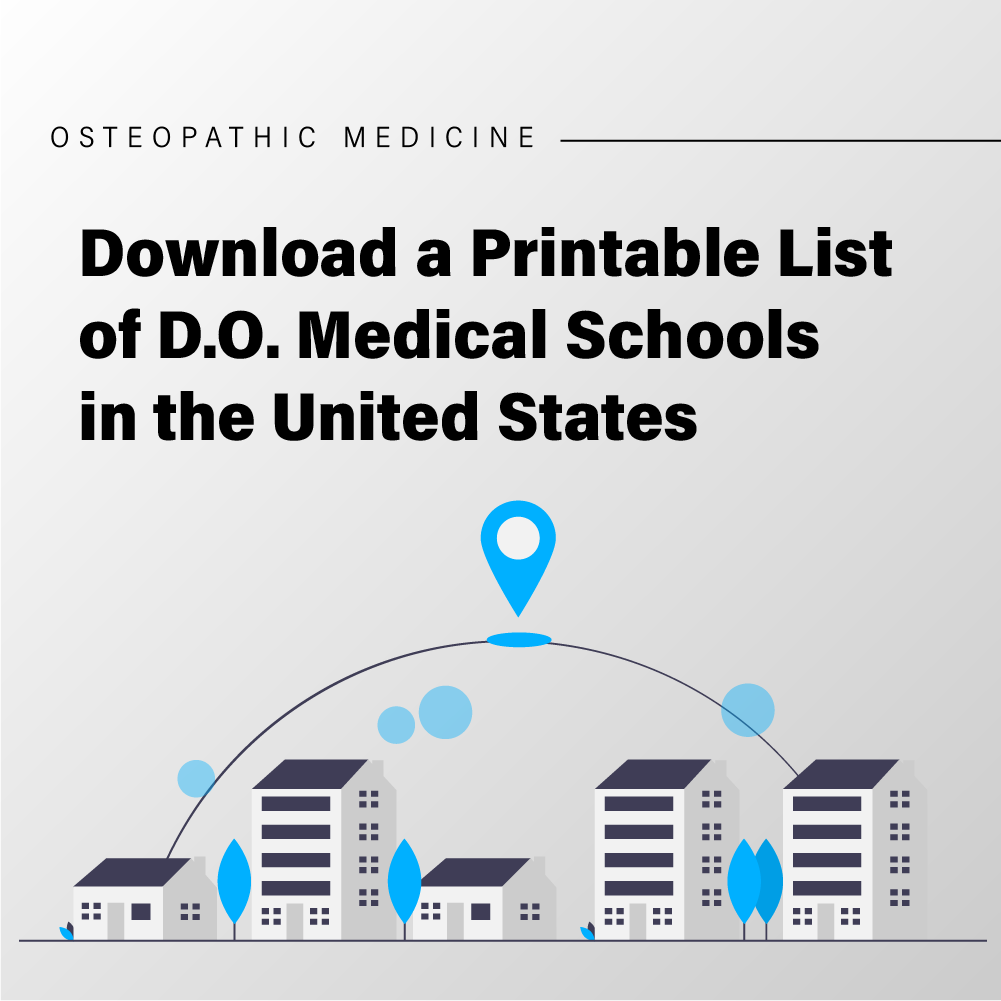An MD-JD is a combined medical and law degree. This degree allows you to enter narrow and specialized career paths. In this guide, we will discuss everything you need to know about MD-JD programs.
Table of Contents
- What is an MD-JD degree?
- How long do MD-JD degrees take to complete?
- What job opportunities are available with this degree?
- What are the salary ranges for MD-JD careers?
- Is an MD-JD degree worth it?
- What medical schools offer MD-JD degrees?
What is an MD-JD degree?
The MD/JD is a dual degree that combines medical training with law training, resulting in the second Juris Doctor (JD) degree. This joint degree prepares students to understand the legal aspects of medicine and begin their careers in law, medicine, and biosciences. The JD degree will prepare students to understand substantive and procedural law, perform legal analysis and research, how to successfully communicate orally and in writing in the legal context, collaborate, counsel, and negotiate in the legal profession.
How long do MD-JD degrees take to complete?
Generally, MD-JD degrees take 7 years to complete. It is very common for programs to require students to complete their first three years of medical school, then transition to law courses during their fourth and fifth years. In the last two years, students will typically complete their remaining medical and clinical coursework.
Also, it is typical for prospective students to apply to MD and JD programs separately. Once admitted to both degree programs, advisors will help students create a detailed plan for their joint degrees. This means that students must satisfy the criteria for medical schools and law school separately, which are quite extensive! Some universities will allow medical students to apply to law school during their first year of medical school, as well.
What job opportunities are available with this degree?
This MD-JD dual degree prepares graduates for careers in health law, health policy, bioethics, private practice, government, and biotechnology. Graduates can practice law, medicine, or both. This dual degree is also fit for students who wish to start their own private practice after completing their medical training or who would like to specialize in medical education.
Students who are primarily interested in legal work or public service can specialize in the practice of regulatory law, food and drug law, or even intellectual property law in the biotechnology and health sectors.
What are the salary ranges for MD-JD careers?
Average national salary ranges to popular careers with medical and law degrees are:
- Medical professor: $105-187k
- Healthcare or Malpractice attorney: $90-240k
- Intellectual property attorney: $110-200k
- Private law firm name partner: $320-360k
Is the MD-JD right for me?
Joint MD degrees require a tremendous amount of work and dedication and will require students to interrupt their medical courses to satisfy other requirements. However, if you are truly committed to practicing both law and medicine, or pursuing a career at the intersection of these fields, consider the following questions:
- Do you want to practice medicine or healthcare law?
- Would you like to work in healthcare policy or intellectual property?
- Do you have an interest in law education with an expertise in medicine?
If you answered yes to any or all of these questions, then the dual MD/JD degree may be a good fit for you! As a student, you will cultivate knowledge of healthcare policies, intellectual property in biotechnology, legal counseling in healthcare, and public service. Preparing years in advance for the MD/JD applications is not the only challenge–dual degree programs do not shorten either degree and require rotations in both fields. To decide if this is the right path for you, it is recommended that you have experience shadowing or working in both healthcare and law, or in a potential career sector that the MD/JD dual degree will prepare you for.
What medical schools offer MD-JD degrees?
Here is a list of all the medical schools that offer MD/JD degrees:
- Baylor College of Medicine (BCOM)
- Boston University School of Medicine (BU SOM)
- Case Western Reserve University School of Medicine (CWRU SOM)
- Indiana University School of Medicine (IU SOM)
- Rutgers Robert Wood Johnson Medical School (RWJMS)
- Southern Illinois University School of Medicine (SIU SOM)
- Stanford University School of Medicine (STANFORD MED)
- Texas Tech University Health Sciences Center School of Medicine at Lubbock (TTUHSC)
- University of Toledo College of Medicine and life Sciences (U of TOLEDO COM)
- University of Florida College of Medicine (UF COM)
- University of Miami Leonard M Miller School of Medicine (U MIAMI SOM)
- University of Michigan Medical School (U MICH MS)
- University of Minnesota Medical School (UMMS)
- University of Virginia School of Medicine (UV SOM)
- Vanderbilt University School of Medicine (VU SOM)
Further reading
Interested in other dual degree programs? Check out:
BS-MD Programs – The Ultimate Guide and How to Get in 2023



